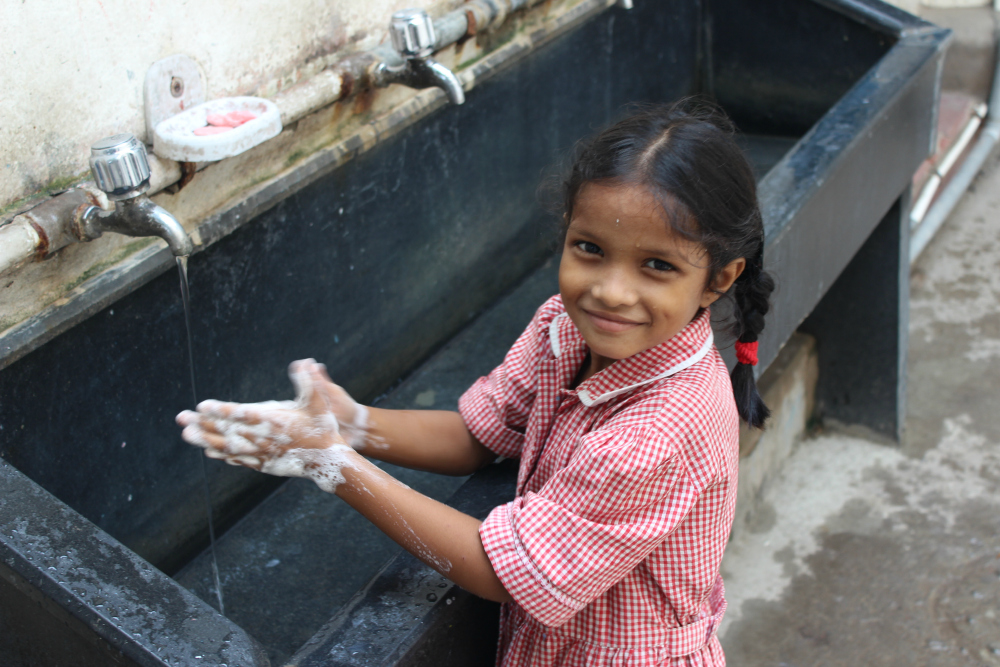Weston doctor creates life-saving book for India’s poorest children
Home Startling figures from the World Health Organisation (WHO) show that around 300,000 children in India alone die each year from diarrhoea.
Startling figures from the World Health Organisation (WHO) show that around 300,000 children in India alone die each year from diarrhoea.
Yet, it’s estimated less than 20 per cent of all children living in India regularly wash their hands after going to the toilet.
This lack of personal hygiene increases a child’s risk of contracting life threatening diseases like cholera and typhoid and exposes them to serious infections like gastroenteritis, worm infestations and infectious hepatitis (jaundice).
In response, Miss Huffman has created a new educational picture book which teaches primary school aged children how and when to wash their hands properly and the potential consequences of contracting a serious illness if they don’t.
As well as the handy book, the information can also be hosted on a website and projected onto a screen – vital for teaching large groups of youngsters.
The development of the book came about because medical students, as part of their training, have to complete a project from a choice offered to them by supervising doctors.
Alice, now in her fourth year at the University of Bristol, took up the project proposed by Dr Andrew Newton (a Consultant in Emergency Medicine at Weston General Hospital), to develop health promotion materials specifically for developing countries.
Using pictures and graphics, Alice was able to create life-saving health messages for Indian youngsters without them needing high levels of literacy to understand what to do.
Teachings from the book have already had a demonstrative impact on children’s handwashing behaviour.
Results of an observational study on children’s handwashing behaviour; conducted before and after teaching on the topic, and which included Miss Huffman’s specially developed educational tool, showed marked improvements.
Before teaching on the subject, just 34 per cent of handwashing behaviours were classed as acceptable (good quality washing for a minimum of 20 seconds, using soap, with proper cleaning between the fingers and a good rinse off under running water).
After teaching, acceptable handwashing behaviour in the same children jumped to 78 per cent – suggesting that there was a lasting benefit from the educational picture book.
Through Dr Newton’s connections as one of the medical advisors to charity Future Hope which supports children in the slums of Kolkata, the book is now being used by six schools across India.
The success of the project has also seen Miss Huffman win a top honour from the University of Bristol for her work on the life-saving picture book.
Speaking on the project, Dr Newton said: “This book truly has the potential to help save lives.
“A huge benefit of this book is that Indian children learn hand-washing techniques and then take what they have learned back to the family to be integrated into the home environment - reducing the risk of infections even further.
“I’m also delighted that Alice’s hard work on the project has been recognised and rewarded by the University of Bristol”.